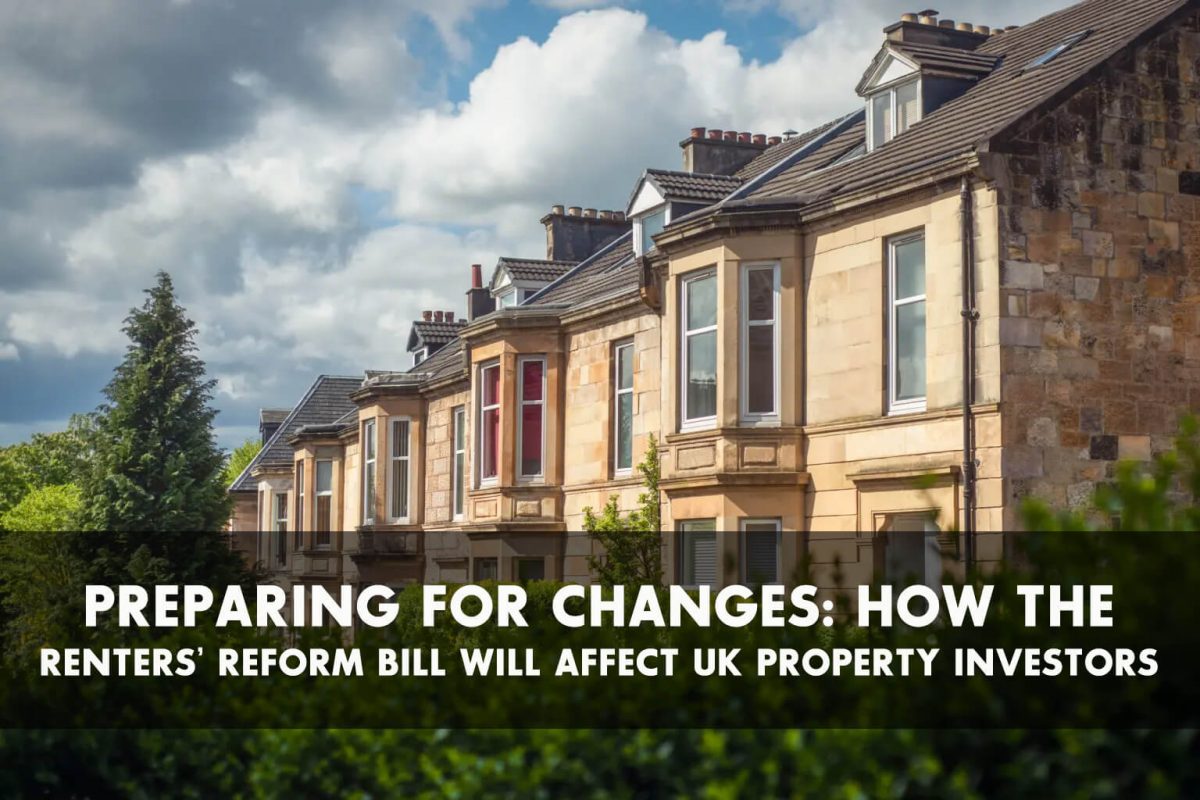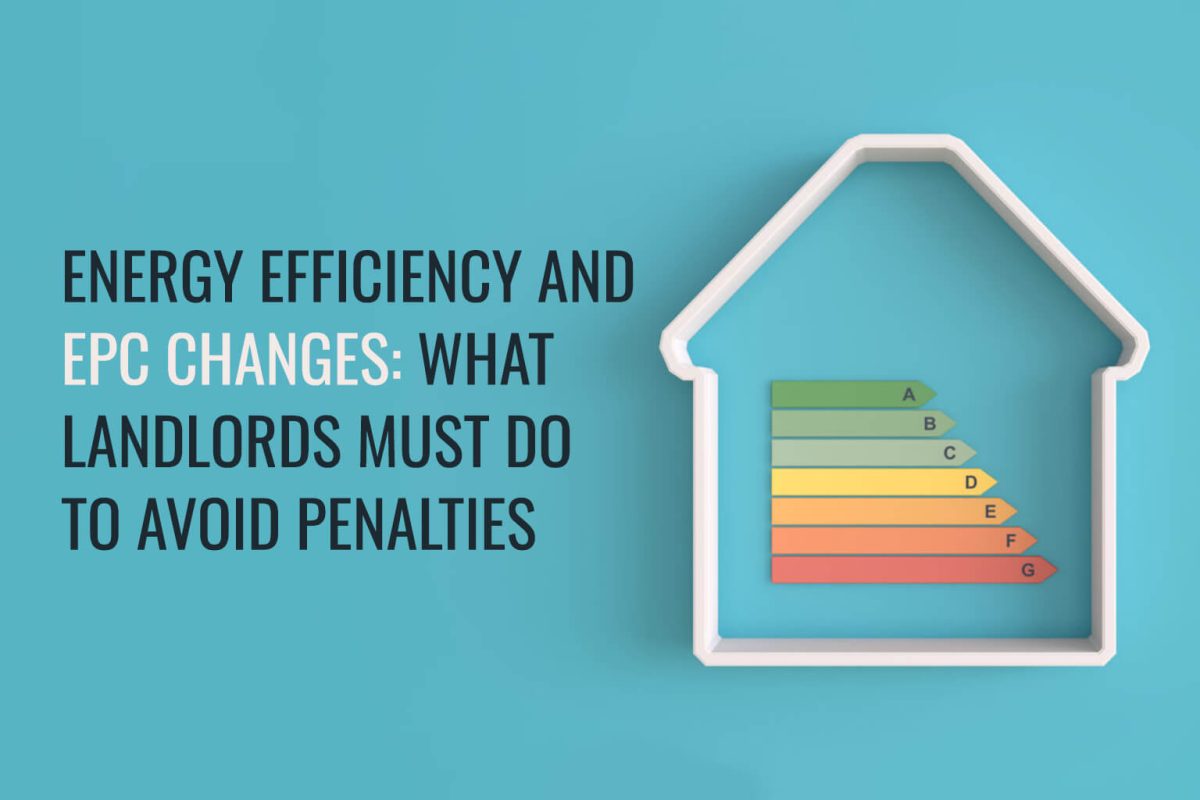Surrey is renowned for its picturesque towns, vibrant communities, and enviable quality of life. Within this county lies Guildford, which has been highlighted as one of the 13 most desirable towns to live in Britain. Guildford’s blend of historical charm, modern amenities, and scenic landscapes makes it a top contender for those looking to relocate to a quintessential English town. In this blog, we’ll explore what makes Guildford so special and why it continues to attract homebuyers, professionals, and families alike. 1. A Rich Historical Legacy Guildford’s historical significance dates back centuries, offering a glimpse into Britain’s past with its...
Read MoreAuthor: Top 10 Agents
How to Tell If Your Property in London Bridge is Overpriced
London Bridge is one of the most desirable locations in the capital, attracting buyers and renters alike due to its iconic landmarks, riverside views, and convenient transport links. With its blend of historic charm and modern amenities, property prices in the area can be high. However, as a seller, it’s crucial to set the right price. If your property is overpriced, it could lead to a prolonged market presence, which may result in a lower sale price in the end. In this guide, we’ll explore how to determine if your property in London Bridge is overpriced and what you can...
Read MoreFirst-Time Buyers in Dartford: What You Need to Know Before Purchasing
Introduction Purchasing your first home is an exciting and sometimes daunting experience. The process can feel overwhelming for first-time buyers in Dartford, but with the right guidance, it can also be smooth and rewarding. One of the best ways to ensure a successful purchase is by working with estate agents in Dartford, who can provide essential local market insights, assist with property searches, and guide you through the intricacies of the buying process. In this blog, we will explore some crucial factors that first-time buyers should keep in mind when navigating the Dartford property market. From understanding the local real...
Read MoreLong-Term Success in Property Management: Preparing for Future Health and Safety Requirements
Property management is a dynamic field that constantly evolves to meet the changing needs of tenants, landlords, and regulatory bodies. One area that has seen increased scrutiny in recent years is health and safety. With new legislation and expectations on the horizon, property managers must be proactive in preparing for future health and safety requirements to ensure long-term success. In this blog, we will explore key strategies to help estate agents and property managers in the UK, especially those in areas like Reading, adapt to these future demands. By focusing on the evolving health and safety landscape, you can ensure...
Read MoreHow to Futureproof Your Property: Essential Steps for Compliance with Upcoming UK Regulations
The UK property market is undergoing significant shifts, particularly due to the introduction of new regulations aimed at improving energy efficiency, safety standards, and tenant rights. For property owners, landlords, and investors, futureproofing your property isn’t just about protecting its value—it's about staying compliant with these evolving laws and ensuring long-term success. In this article, we will explore the essential steps to futureproof your property by focusing on compliance with upcoming UK regulations. Whether you own residential or commercial properties, these steps will guide you through the crucial areas where change is likely to occur and how to prepare for...
Read MoreThe Future of Property Ownership: Navigating Climate Change Regulations and Sustainability Standards
As the effects of climate change continue to intensify, governments and industries worldwide are increasingly prioritising sustainability. In the UK, the property sector is no exception, with evolving climate change regulations and sustainability standards shaping the future of property ownership. Buyers, sellers, and estate agents in Bishops Stortford and beyond must now consider not only the financial aspects of the property but also how environmental legislation affects property value, energy efficiency, and long-term viability. The Growing Importance of Sustainability in Property Ownership Sustainability is no longer an option but a necessity in modern property ownership. Buyers are increasingly looking for...
Read MorePreparing for Changes: How the Renters’ Reform Bill Will Affect UK Property Investors
The UK rental market is undergoing a transformative period, with the Renters' Reform Bill set to introduce sweeping changes. For property investors, understanding the potential impacts of this legislation is crucial for navigating the evolving landscape. This blog will explore the key elements of the Renters' Reform Bill and how it may affect UK property investors, including those in smaller towns like Macclesfield. We will also discuss how working with estate agents in Macclesfield can help investors stay compliant and adjust their strategies effectively. What is the Renters' Reform Bill? The Renters' Reform Bill, introduced as part of the UK...
Read MoreBuilding Smart Homes: Why Technology Is Key to Long-Term Property Success
The concept of a smart home is no longer just a futuristic fantasy; it has become a defining trend in the modern housing market. With advancements in technology, more property buyers are looking for homes equipped with smart systems that enhance convenience, security, and energy efficiency. For estate agents in Clifton, staying ahead of this trend is crucial for advising clients on making the right decisions, whether buying, selling, or upgrading properties. In this blog, we’ll explore why building smart homes is key to long-term property success and how technology is shaping the future of real estate. What Is a...
Read MoreEnergy Efficiency and EPC Changes: What Landlords Must Do to Avoid Penalties
As sustainability becomes a key concern in property management, energy efficiency is taking centre stage in the UK housing market. One critical aspect of this is the Energy Performance Certificate (EPC), which rates how energy-efficient a building is on a scale from A (most efficient) to G (least efficient). Recent changes to the legislation regarding EPC standards are creating new challenges for landlords, and those who fail to meet these regulations could face penalties. In this blog, we’ll explore the changes to EPC standards, what landlords must do to comply, and the potential penalties for those who don't. We will...
Read MoreAdapting to Future Building Safety Regulations: What Property Developers Need to Know
In recent years, building safety has become a central issue for property developers in the UK, with significant regulatory changes designed to improve the safety of buildings and protect residents. Following the tragic events of the Grenfell Tower fire in 2017, the government has introduced new laws and standards aimed at ensuring the future safety of residential and mixed-use developments. For property developers, adapting to these future building safety regulations is crucial to remain compliant and avoid costly penalties. This guide will help property developers understand what the new regulations entail, how they can prepare for the changes, and why...
Read More








